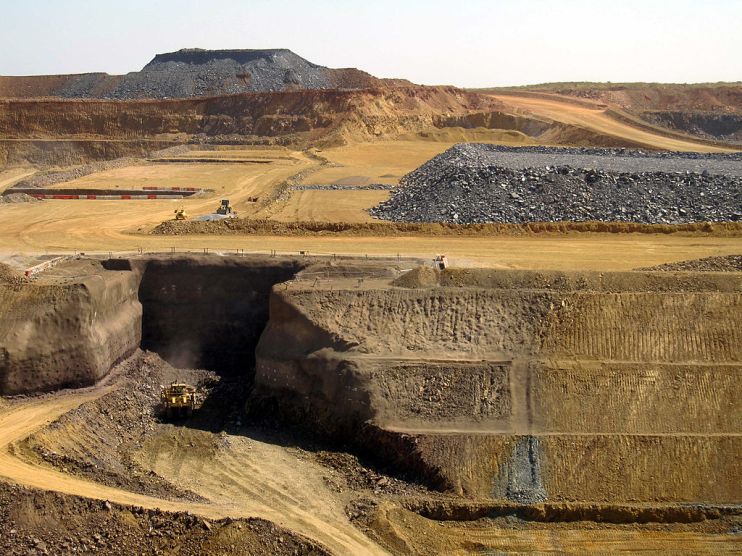Green revolution: Johnson Matthey makes decarbonisation push into mining sector

Sustainable technologies company Johnson Matthey has teamed up with metals miner Sibanye-Stillwater to accelerate new battery technologies in the push for a low-carbon future.
The LSE-listed tech company aims to cut the carbon footprint in metal supply chains by expanding on its clean hydrogen production, fuel cell products, next generation battery material and solutions for the decarbonisation of chemical manufacturing, the company said this morning.
The strategic partnership comes as mining giant Rio Tinto bowed to environmental pressure this morning, as it will begin to set emissions targets which are aligned with the Paris Agreement.
The board also confirmed today that it would consider suspending its memberships to several Australian associations which lobby against climate change.
Both moves signal a pivot towards sustainability and environmental consciousness, a change which appears to be gaining pace in the mining sector.
Round-up
Earlier this week, formerly-LSE-listed gold producer Nordgold committed to achieving net zero carbon emissions by 2050, with new requirements for renewable power generation.
Projects with a life-of-mine reaching to 2050 and beyond will require an avenue to achieving net zero by that time, while specific targets will be set for new projects with a life-of-mine before 2050, to ensure their contribution.
“We also have significant programmes in place to combat deforestation, and we are looking into how we can best enhance our carbon-offsetting approach,” Nordgold chief legal officer and environment, social and governance director, Evgeny Tulubensky, said.
Fortescue Metals Group, the world’s fourth largest iron ore miner, also set an ambitious plan to be carbon neutral by 2030, bringing forward its target by a decade.
The miner last week added it will aim to begin green hydrogen productions by 2023 ahead of the world’s conversion to sustainable energy.
On home soil, a public inquiry into the UK’s first new deep coalmine in decades was launched, after the communities secretary shelved the decision to go ahead with the project.
Minister Robert Jenrick reversed his decision on the Cumbrian coal mine, citing new climate change advise and mounting controversy over the plan which failed to align with the government’s climate commitments.